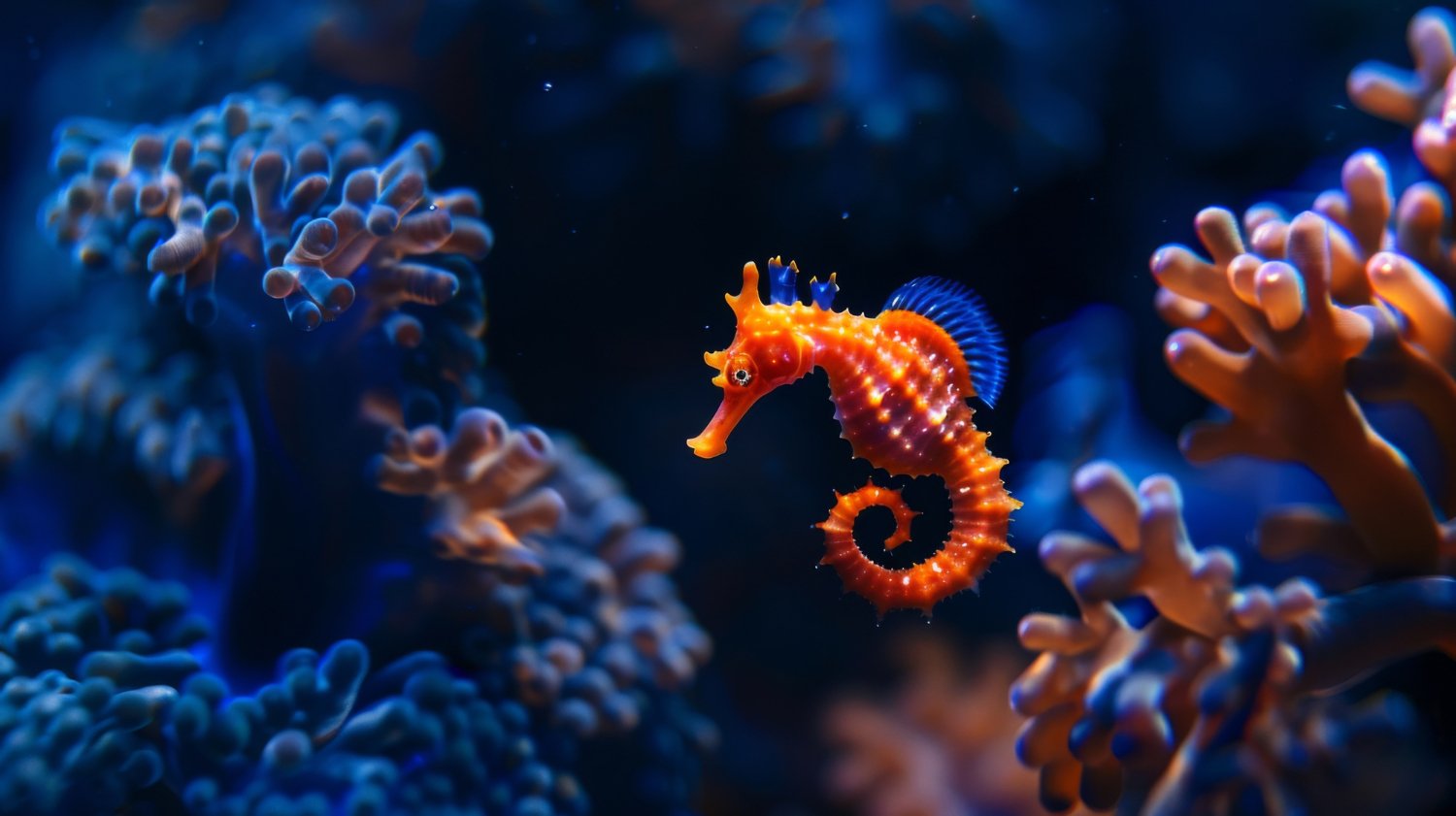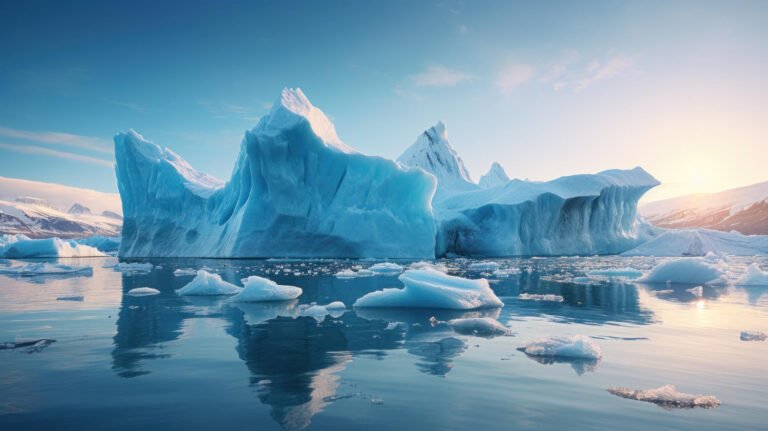Warming Oceans Reshape Marine Habitats: Implications for Thousands of Species
Human-induced greenhouse gas emissions have led to significant ocean warming, with temperatures rising over 1.5°C since the Industrial Revolution. This rapid increase poses substantial risks to marine life, as many species have limited tolerance to temperature changes and few options to escape warming waters. Consequently, numerous marine organisms face potential declines or local extinctions. Conversely, some species may find new habitats in previously cooler regions, leading to shifts in marine biodiversity and impacting human communities reliant on these ecosystems.
Key Points:
- Over 90% of excess heat from greenhouse gases is absorbed by oceans, elevating marine temperatures to unprecedented levels.
- Many marine species possess narrow thermal safety margins, making them highly susceptible to temperature increases.
- Species unable to migrate to cooler depths or regions may experience reduced survival and reproduction rates.
- Shifts in species distributions can disrupt local economies and food security for communities dependent on specific marine resources.
- Understanding the timing and duration of emerging thermal opportunities and threats is crucial for effective conservation and management strategies.







